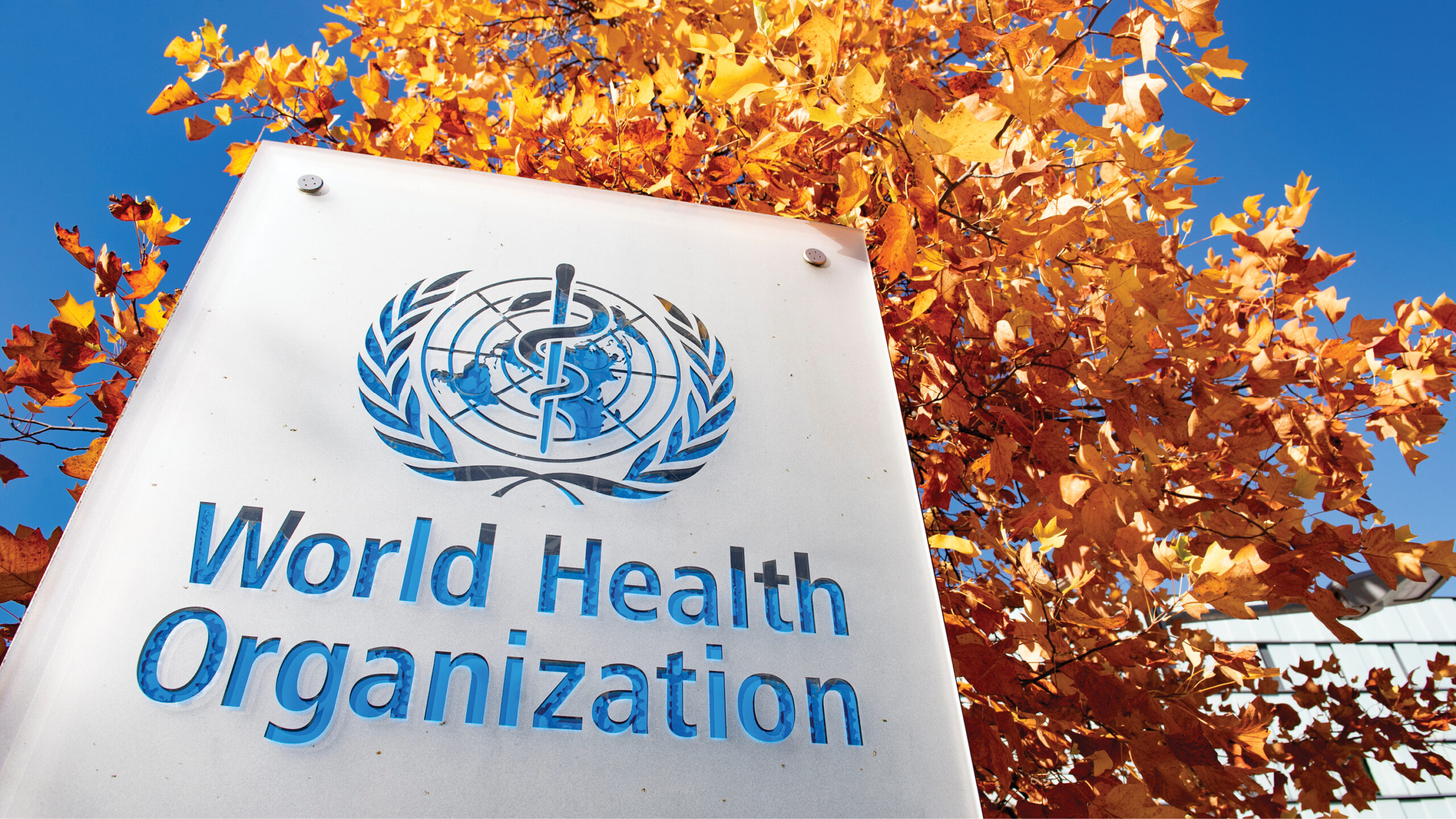WHO adds three MS drugs to Essential Medicines List

The World Health Organization (WHO) has for the first time updated its Essential Medicines List (EML) to include medications for the treatment of Multiple Sclerosis (MS). A chronic and debilitating nervous system disorder, MS affects an estimated 2.8 million individuals globally, with over 90,000 cases reported in Canada, making it one of the highest incident regions worldwide.
“This crucial update came about through the collaborative efforts led by the Multiple Sclerosis International Federation (MSIF), with support from Cochrane MS and Rare Diseases of the Central Nervous System (CNS), the WHO Collaborating Centre in Evidence-Based Research Synthesis and Guideline Development, and McMaster University’s MacGRADE Centre,” says Thomas Piggott, an assistant professor in the Department of Health Research Methods, Evidence, and Impact at McMaster.
Since 2018, Piggott, along with Holger Schünemann, a professor in the Department of Health Research Methods, Evidence, and Impact at McMaster, has been a driving force behind the methods supporting the development of evidence-based guidelines for the pharmacological management of MS. These guidelines, coupled with the application and advocacy of MSIF, patient partners, the clinical community and other stakeholders, played a pivotal role in influencing WHO’s landmark decision to add cladribine, glatiramer acetate and rituximab – three medications capable of delaying the progression of MS – to its EML.
Updated every two years, the EML serves as a reference for countries to develop their own national essential medicines lists, tailored to their specific health needs and resource constraints. By using the EML as a guide, countries can make informed decisions about which medicines to prioritize and include in their healthcare systems, ultimately improving the availability, affordability and accessibility of essential medicines.
“It is important to acknowledge that listing MS treatments on the EML is just the beginning of the journey to improving access to these medicines and treatment. Implementation and ensuring equitable and safe access are critical steps to addressing the needs of individuals living with MS,” says Piggott.
“Continued efforts in this direction will be vital to ensuring that essential medicines reach those who require them, especially in resource-limited settings.”
News, Publications